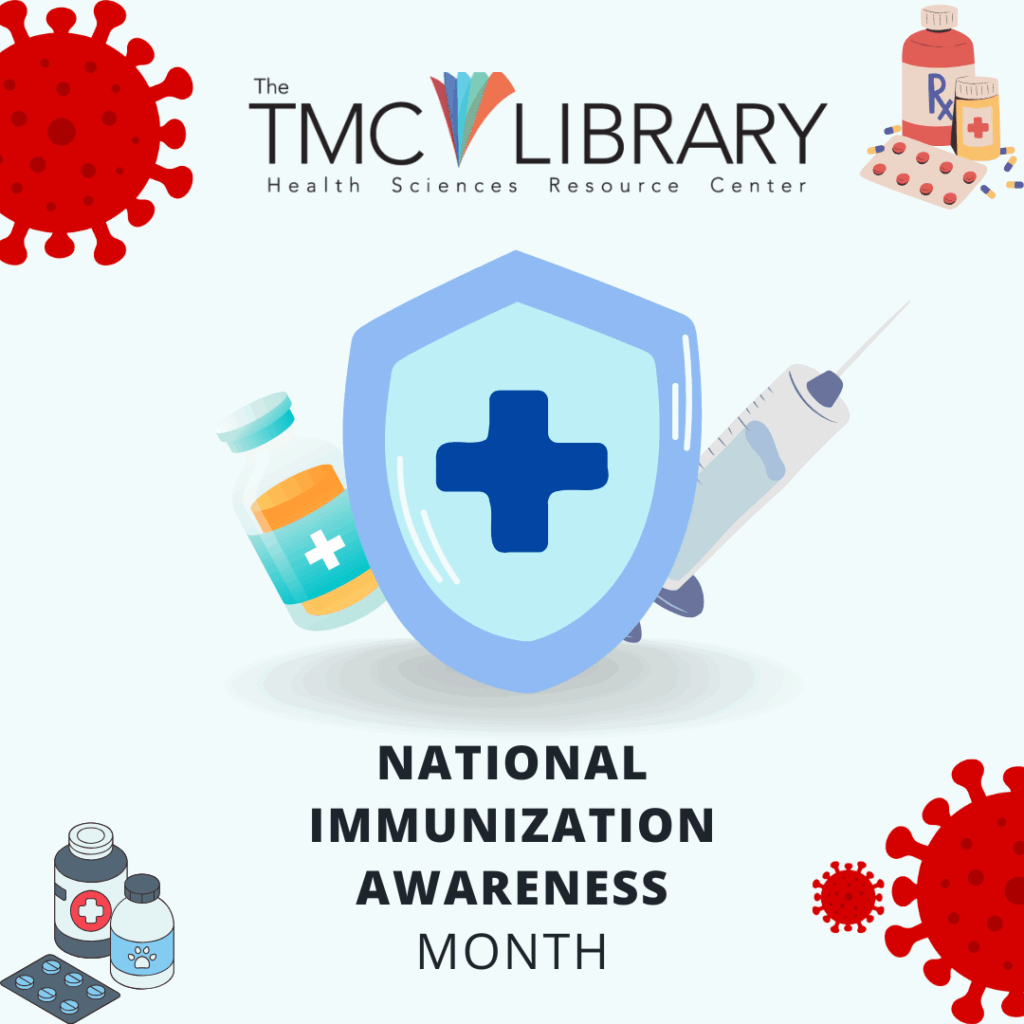August marks National Immunization Awareness Month (NIAM), a time to highlight the importance of vaccines for people of all ages. While our healthcare landscape is constantly evolving, the cornerstone of public health remains the same: understanding and following recommended immunization schedules is vital not only for our personal health but for the well-being of our entire community.
To appreciate their impact, it’s helpful to look back. The concept of using a weakened form of a disease to protect against future infection dates back centuries. However, the modern history of vaccination began with the development of the smallpox vaccine by Edward Jenner in the late 1700s, a breakthrough that eventually led to the global eradication of the disease—one of the most significant public health achievements in human history. This incredible success story shows us the power of collective action and scientific innovation.
Today, vaccines protect us from a wide range of infectious diseases. The TMC Library offers a wealth of resources to help you learn more about immunization schedules, vaccine science, and public health policy.
To explore this topic further with evidence-based information, we recommend these resources:
Immunization Resources at The TMC Library:
- Vaccines : Preventing Disease and Protecting Health, (1st ed., 2003) by Quadros, C. A. de, & Quadros, C. A. de. Pan American Health Organization. ISBN: 9789275115961
- Plotkin’s vaccines (Eighth edition, 2024) by Orenstein, W. A., Offit, P. A., Edwards, K. M., & Plotkin, S. A. (Eds.). Elsevier. eBook ISBN: 9780323790598
- A new history of vaccines for infectious diseases : immunization – chance and necessity (2022) by Rees, A. R. Academic Press. https://doi.org/10.1016/C2016-0-01809-0
Free Online Resources:
- The Centers for Disease Control and Prevention (CDC) provides comprehensive information on vaccines and immunizations.
- The World Health Organization (WHO) offers global perspectives and data on vaccination programs.
- The National Foundation for Infectious Diseases (NFID) provides educational materials for the public and healthcare professionals.
Let’s all take this opportunity to learn more about how we can protect ourselves and those around us.
